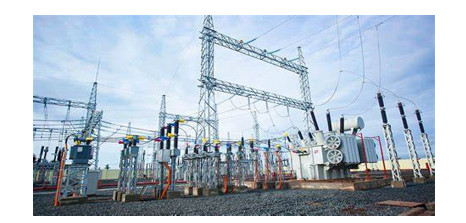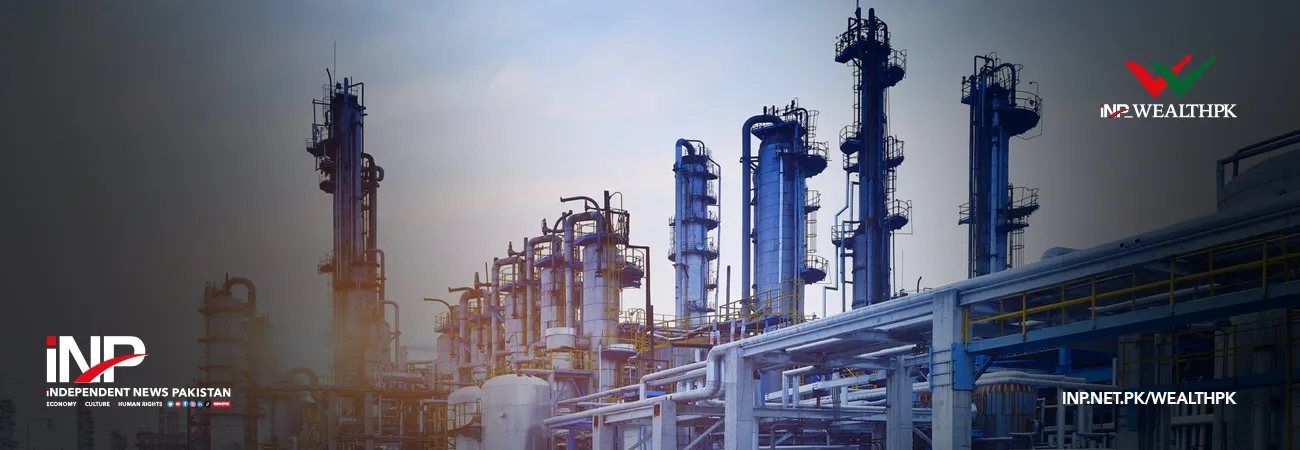INP-WealthPk
Amir Saeed

Power rates laden with cross-subsidies and stranded costs are stifling the expansion of Pakistan’s industrial sector, making it difficult for the enterprises to compete globally. Speaking to WealthPK, Kaiser Bengali, former economic advisor to the Sindh government, said cross-subsidies in the power sector was the practice of charging industrial and commercial consumers higher prices to cover the cost of power for household and agricultural consumers. This means the industries are paying more for power than if the tariffs were purely based on generating and distribution costs. Approximately, 68 percent of domestic consumers in Pakistan are classified as protected, and an additional 25 percent are considered lifeline consumers. These two groups make up 73 percent of domestic power usage. The remaining 7% of domestic consumers, often referred to as high-end domestic consumers, pay full tariffs and account for 27% of consumption. He pointed out that the subsidy’s true cost was complex, with high-end consumers directly bearing the burden through cross-subsidies in their power tariffs.
However, considering the economy’s interconnectedness, everyone ultimately pays, including the very consumers the subsidy aims to support, such as protected and lifeline consumers, who end up shouldering a significant portion of the cost. He suggested that the government should enhance the competitiveness of industries by considering gradually eliminating cross-subsidies on power tariffs. This could be accomplished by implementing a tariff rationalization plan that gradually eliminates cross-subsidies. “To ensure that the reduction in cross-subsidies does not disproportionately affect low-income households, the government should also look into alternative measures such as targeted subsidies or social protection programs to help the vulnerable customers,’’ he said. Talking to WealthPK, Dr Omer Siddique, senior research economist at the Pakistan Institute of Development Economics (PIDE), said the combination of cross-subsidies and stranded costs had resulted in some of the highest electricity tariffs in the region, making it difficult for the industries to compete with their regional counterparts.
Stranded costs refer to the costs incurred by power generation and distribution companies that are no longer recoverable due to the changes in the market or regulatory framework. These costs are passed on to the consumers in the form of higher tariffs. He lamented that the Pakistani industries were struggling for survival. Many industries have been forced to close or restrict operations due to the high cost of power and other inputs. He pointed out that the high cost of electricity was not the only issue facing the industries. The country’s electricity infrastructure is also in desperate need of improvement and growth. Transmission and distribution losses are substantial, and the grid is frequently unable to meet the demand during peak hours. He suggested that the government must take immediate action to address the issues facing the industrial sector. The cost of electricity needs to be reduced and the power sector infrastructure should be upgraded and expanded.
Credit: INP-WealthPk













